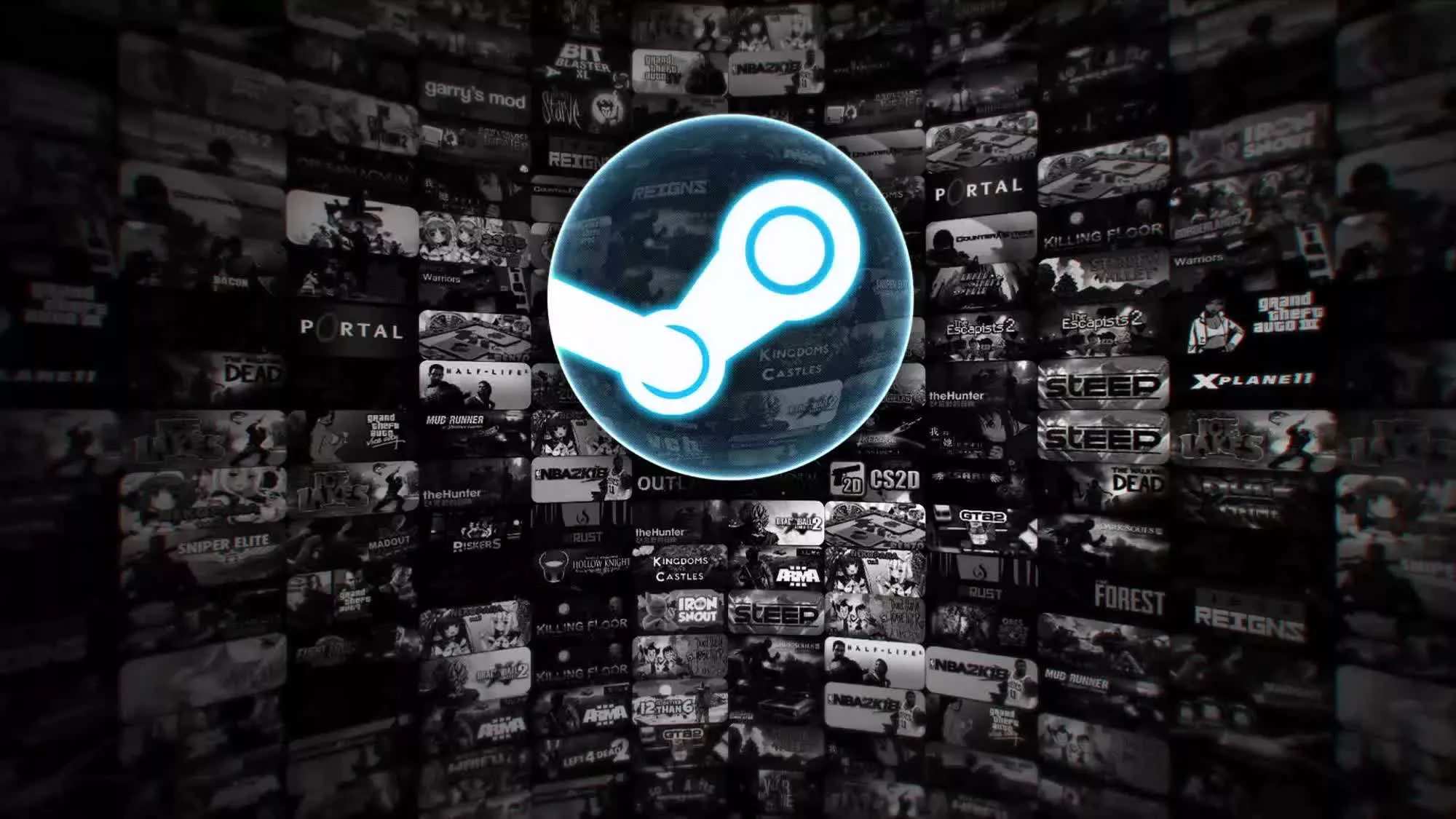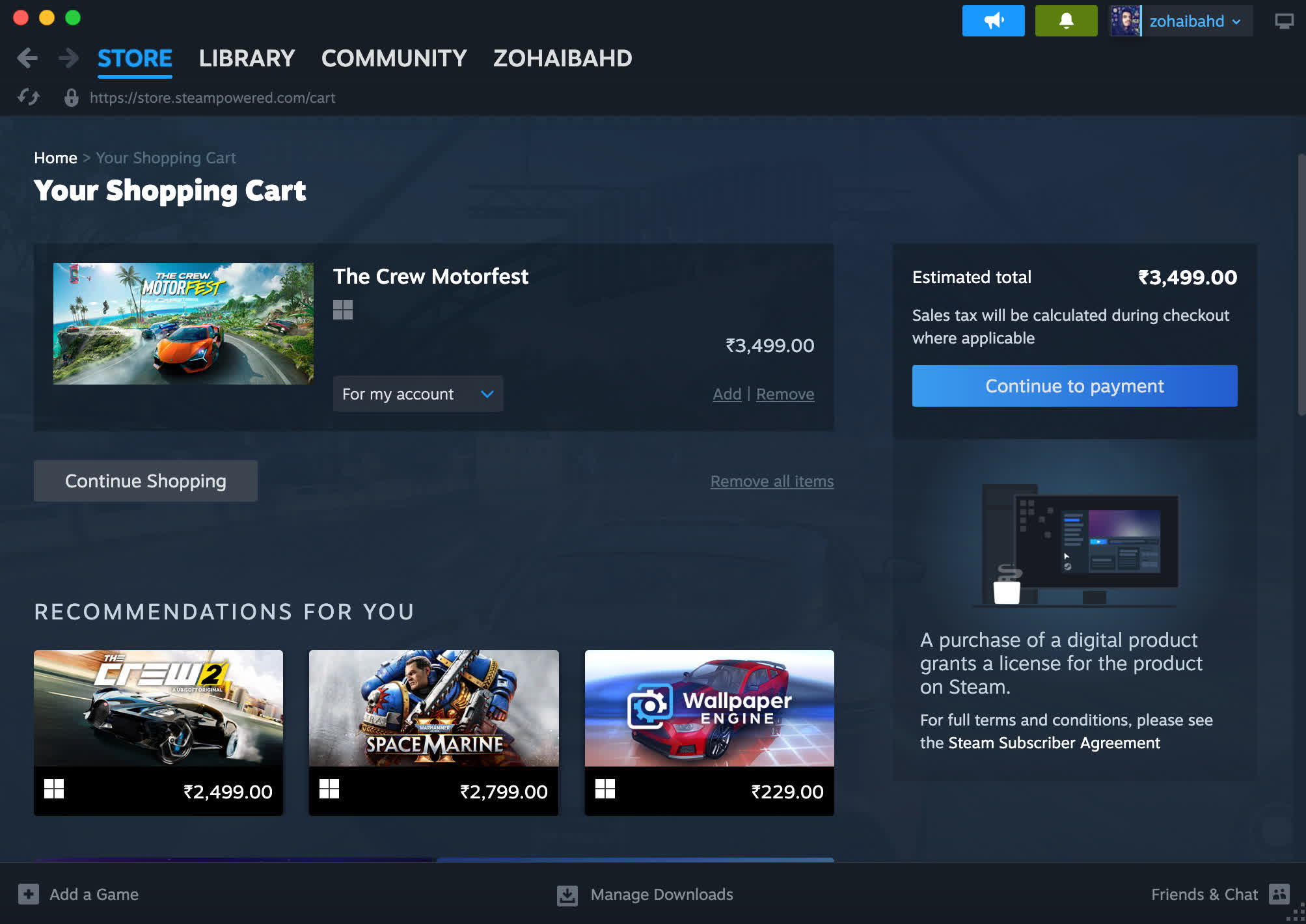Posts: 544 +15
Editor's take: Steam has become one of the first companies to admit that you do not own the games you buy. This acknowledgment comes as new regulations take effect. We've long known that digital game purchases are nothing more than long-term rentals, and there's little we can do to change that. However, more transparency around this arrangement is welcome nonetheless.

Steam has begun displaying a new notice in its shopping cart, explicitly clarifying the nature of the transaction: "A purchase of a digital product grants a license for the product on Steam." The change is Valve's way of complying with an incoming California law prohibiting digital marketplaces from implying that customers own the games, movies, ebooks, and other digital content they buy.
The new regulations were signed into law by Governor Gavin Newsom last year, aiming to crack down on deceptive marketing practices around digital media sales.
Under AB 2426, it will be illegal for companies to use language like "buy," "purchase," or other terminology that suggests full ownership when selling digital goods that are merely licensed for use.

Instead, the law requires digital storefronts to state in "plain language" that customers are only acquiring a license to access the content – one that could potentially expire or be revoked by the storefront at any time.
Companies found violating these rules could face fines for false advertising. The law does not apply to permanent offline downloads or physical media, of course. Engadget notes that the labeling appears to be relatively new, and is not exclusive to California Steam accounts.
The issue of limited digital ownership has become a hot-button issue in recent years, as more gamers have had the rug pulled out from under them when game servers shut down or storefronts are decommissioned. It's even led to movements like "Stop Killing Games" popping up.
One high-profile example was Ubisoft abruptly delisting and removing access to the original The Crew game from people's libraries after its servers went permanently offline earlier this year.
Even those who had paid full price could not continue playing the open-world racer. While Ubisoft has since added offline modes to sequels like The Crew 2 to avoid a similar debacle, the original game highlighted how little control customers have over their digital purchases. If the company decides to pull the plug, poof – your game is gone.
Steam now explicitly states you're not buying the game, just a license